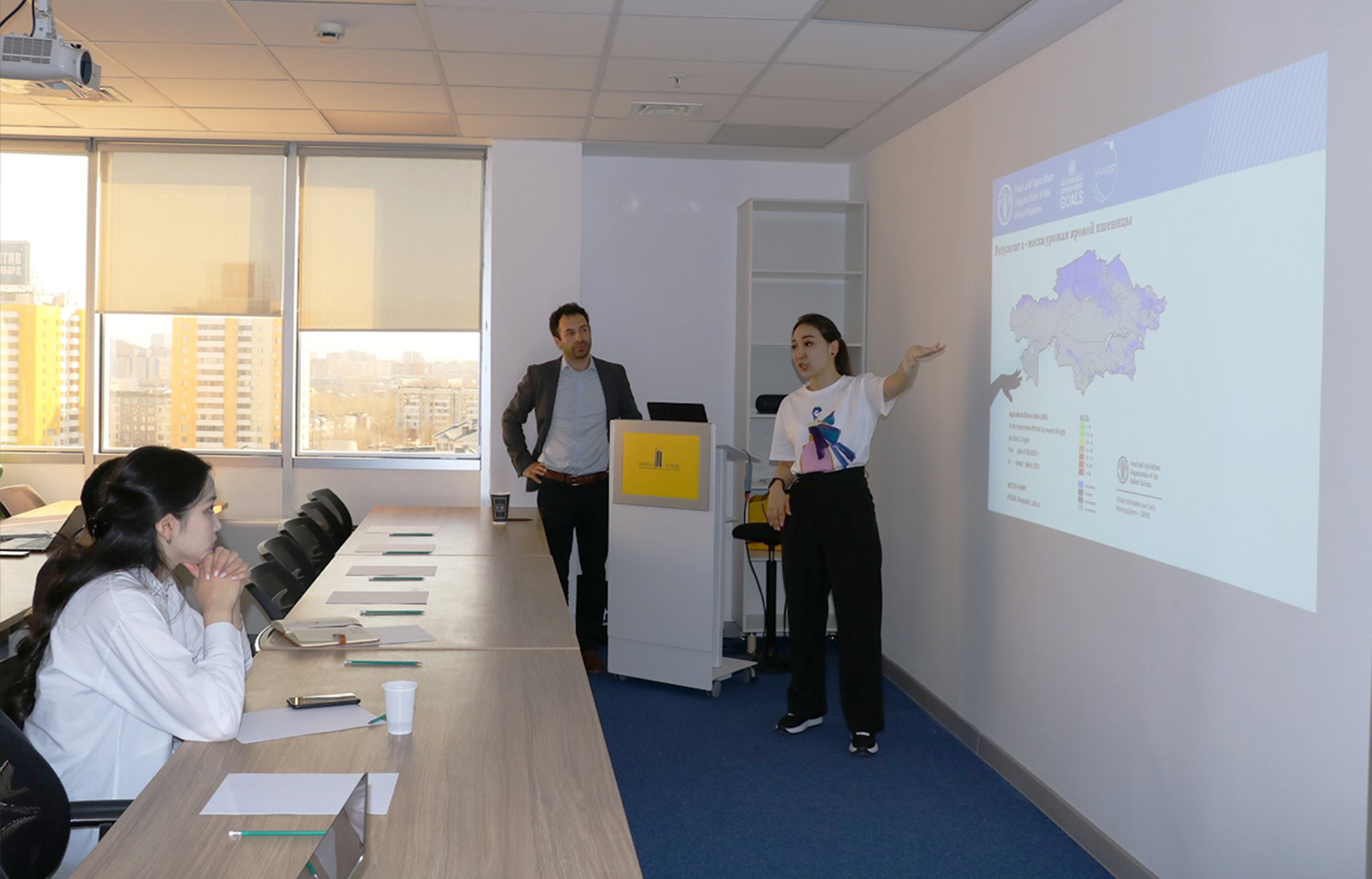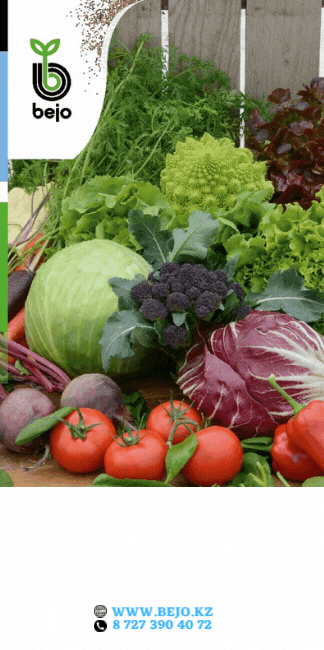
Agricultural monitoring based on remote sensing can provide valuable information on the state of crops and production prospects in Kazakhstan, according to experts from the international organization. Thus, FAO and the University of Maryland NASA Harvest are working together on a pilot project to test the method and clarify its applicability in Kazakhstan, the World of NAN reports.
"The goal of the project is to provide participants in the agricultural sector with advance information about crop conditions and production prospects. The project team uses a set of tools based on remote sensing to help monitor crop conditions and production prospects. The project has been replicated in Malawi and Namibia and is funded by the United States Agency for International Development (USAID)," said the FAO press service.
At the presentation of the preliminary results of the pilot project in Astana, FAO demonstrated a new map of spring wheat harvest in Kazakhstan. Spring wheat, as it is known, is the main grain crop grown in the country.
"The map was created using methods developed by the UMD/NASA Harvest project and is designed to help the government monitor the condition of wheat crops. Data from a December and January farmer survey were also used to verify the map's accuracy," the FAO said.
The FAO specialists noted that the model of yield forecasting is developed on the basis of global data, but adjusted to the peculiarities of the agricultural system of Kazakhstan.
"The model can produce wheat yield forecasts well in advance of the harvest campaign, giving an early indication of potential production results. Obtaining such information as soon as possible gives actors in the agricultural sector time to respond effectively to both high and low yields, for example to mitigate negative impacts," the experts said.
FAO stressed the importance of using all available data, such as farmer interviews, to find the combination of factors that help give the most accurate picture of crop conditions and production prospects. By combining different data sources, the project team hopes to get a more complete and accurate picture of crop conditions and production prospects.
Representatives of the Ministry of Agriculture of Kazakhstan and a number of experts have positively evaluated the results of the pilot project and expressed interest in cooperation with FAO. The project team hopes that this new method will provide valuable information on the state of crops and production prospects and help agricultural sector actors to respond effectively to challenges and opportunities.
Смотрите больше интересных агроновостей Казахстана на нашем канале telegram,
узнавайте о важных событиях в facebook и подписывайтесь на youtube канал и instagram.









































Обсуждение